Lists
















33 Books
Books to read
Sort by:
Recent Desc
More lists by Hello Stranger
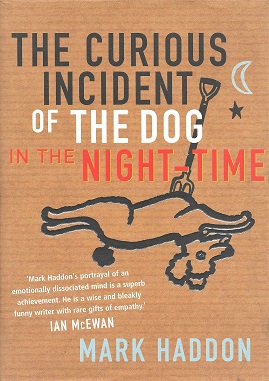
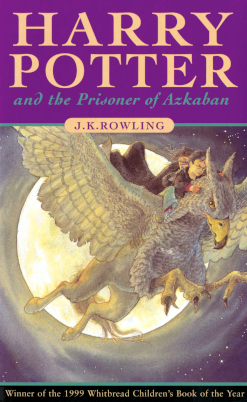

Books I've Read
the title says it all XD
January 2023
0
@hellostranger1061

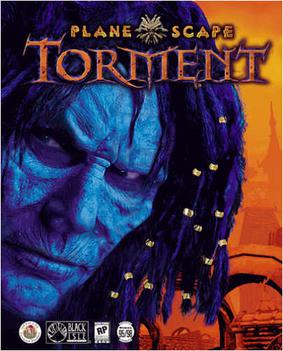

Games I've Tried
I finished most of them lol
January 2022
0
@hellostranger1061



Manga
List includes: Bleach, Volume 01, Berserk, Vol. 1, 進撃の巨人 1-11巻 セット [Shingeki no Kyojin 1-11 Maki Set]
August 2021
0
@hellostranger1061
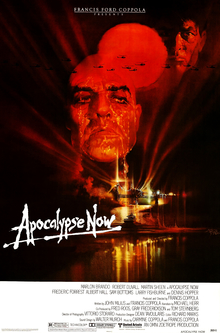

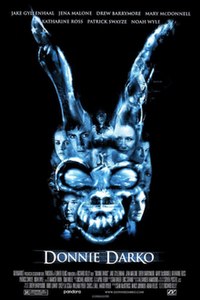
HelloStranger's to-watch list
random
January 2023
0
@hellostranger1061